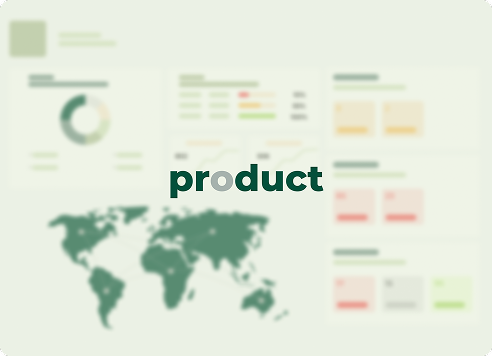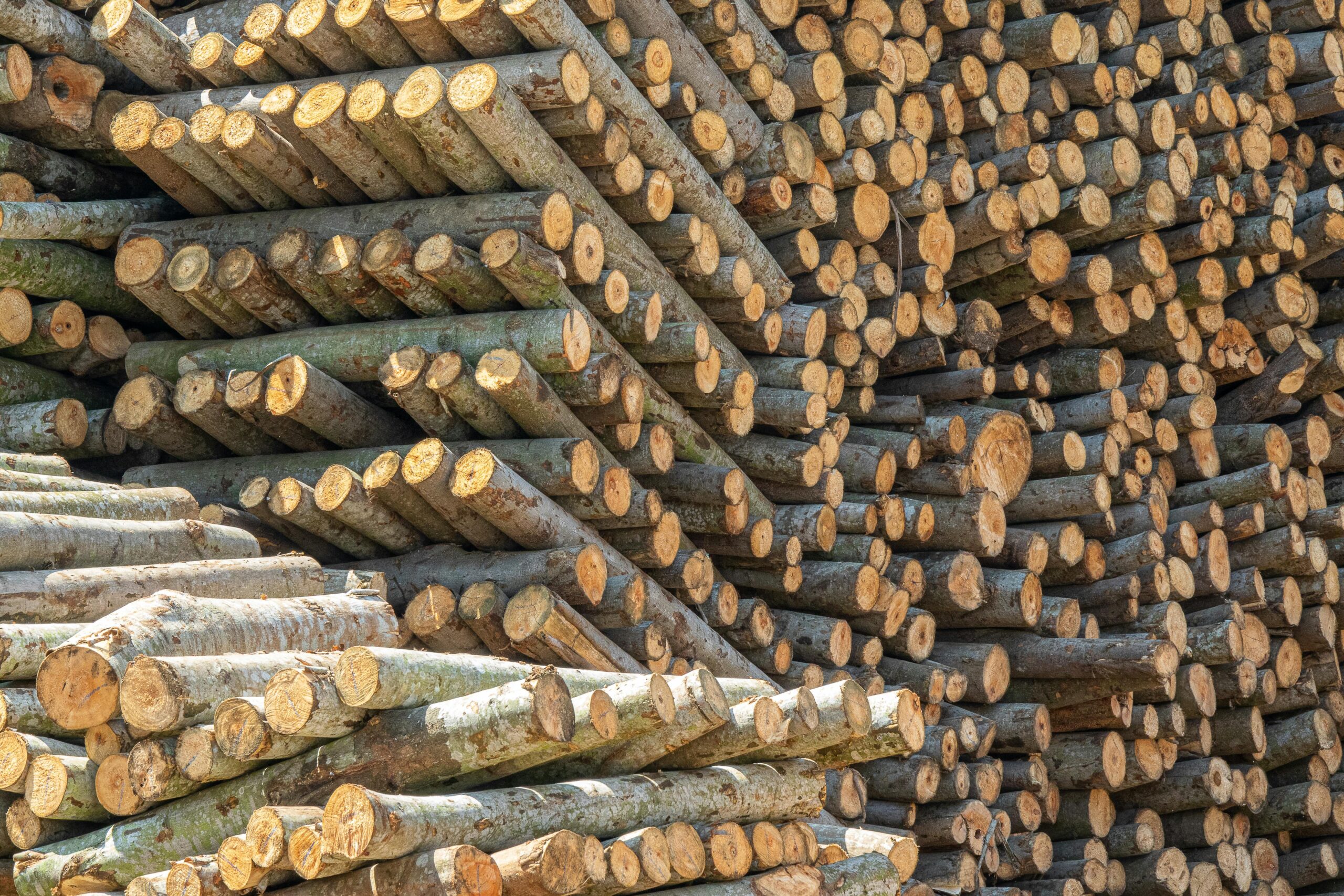The implementation date for EUDR is: December 30, 2025.
For the building materials industry, this means that products consisting fully or partially of wood, rubber, or relevant raw materials may not be sold in the EU without full documentation proving they are deforestation-free and legal — with traceability down to specific coordinates.
At prduct.com, we help manufacturers and wholesalers in the industry structure supplier data, validate geolocation, ensure correct batch documentation, and manage follow-up throughout the value chain.
EUDR – A short introduction
The EU Deforestation Regulation (EUDR) is an important milestone in protecting the world’s forests and combating deforestation and forest degradation. The regulation requires businesses to ensure that the raw materials they trade are sourced legally and sustainably. The raw materials the EU aims to ensure are sourced legally and sustainably include coffee, cocoa, soy, palm oil, cattle, plantation wood fiber, and plantation rubber.
The EU adopted the EUDR on December 6, 2022, and it will come into effect at the end of 2025. Deforestation is one of the major causes of climate change and biodiversity loss—two of the most pressing environmental challenges we face today.
Read more about how we work with businesses in the building materials industry
EUDR update in the building materials industry: What you need to know now
The European Commission has published a new EUDR FAQ, a guidance document, and a draft regulation. These three new documents update existing measures but also introduce new initiatives relevant to the furniture industry.
EUDR – A Brief Introduction
-
Wood in building materials: Every component must be traced
Wood-based building materials — such as plywood, glulam, facade elements, or floorboards — must be documented down to the plot where the wood was harvested. This applies even if the wood makes up only a small part of the product (e.g., a laminated strip on a metal product).
Incorrect or missing coordinates are not just technical errors — they trigger marketing bans.
FAQ references: 1.2, 1.12, 1.19, 1.20, 2.4
-
Cut-off date applies: No clearing after December 31, 2020
Building materials must not contain raw materials (such as wood or rubber) sourced from areas that have been cleared or converted after December 31, 2020. This also includes land converted into plantations if the land was previously classified as forest.
This assessment is conducted using satellite data, which the EU and member states will cross-check against your provided coordinates.
FAQ references: 5.1, 4.5, 5.12, 9.10.3
-
Natural rubber and latex: A hidden risk
Rubber and latex are components of several building materials — such as sealants, gaskets, membranes, and sound insulation. If these products use natural rubber, they are covered by the EUDR, and the manufacturer must document the plot, production date, and legality.
FAQ references: 2.2, 4.14, 5.1
-
Temporary imports and test materials: When are you exempt?
If building materials are imported solely for testing, display, or certification — and not for sale — they are generally exempt from EUDR requirements. However: If the same products are later marketed, full compliance is required.
FAQ references: 2.14, Draft (Article 2, paragraph 5)
-
Documentation of production date: You must know the batch’s age
To ensure that the wood was harvested before the cut-off date, operators must document both the date and duration of harvesting or production. This also applies if the wood has been stored or resold multiple times.
FAQ references: 1.25, 5.19
-
Use of land without a title deed is possible — but not without documentation
Many suppliers in low-income countries may not have official title deeds. However, this does not exempt you from the requirements. You must document that the production is legal and that the country’s relevant laws have been respected.
FAQ references: 1.6, 1.10, 3.3
-
SMEs and responsibility: You can still be an operator
Even if your company is an SME, the requirements apply if you place products on the market. SMEs further down the value chain are also responsible for maintaining previous DDS references.
FAQ references: 3.5, 3.10, 3.10.1
-
Sanctions: Also for construction products
Violations of the EUDR may result in:
-
Fines of up to 4% of total EU turnover
-
Recall of products
-
Exclusion from public procurement
-
Publication of violations in the EU register
In short: you cannot ignore the requirements — not even as an intermediary.
FAQ references: 10.1, 10.2, 10.4
Ready to become compliant?
At prduct.com, we know how difficult and time-consuming it can be to collect documentation across suppliers and product lines. We help make the process easier and remove the time drain — without compromising on compliance.





